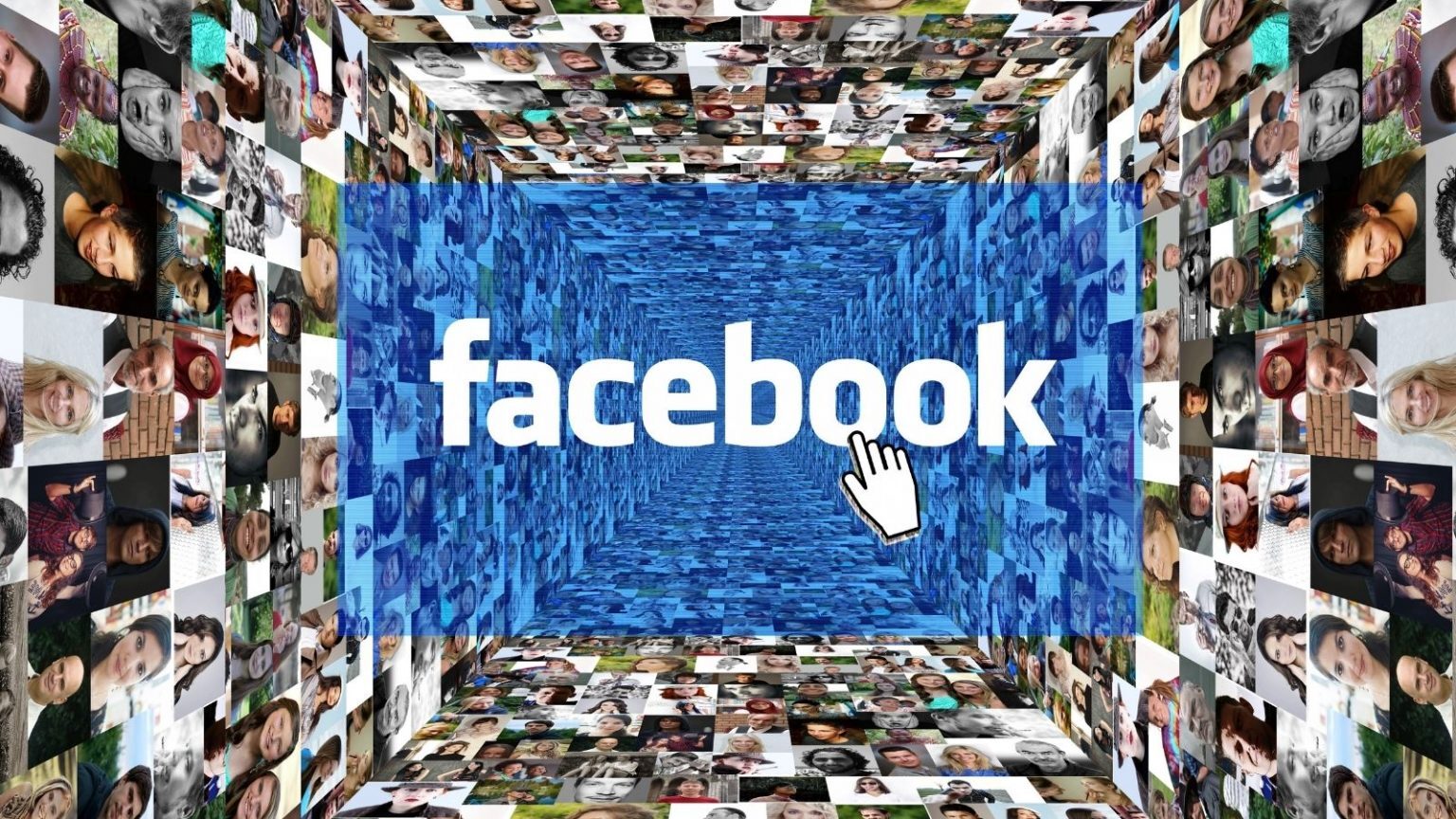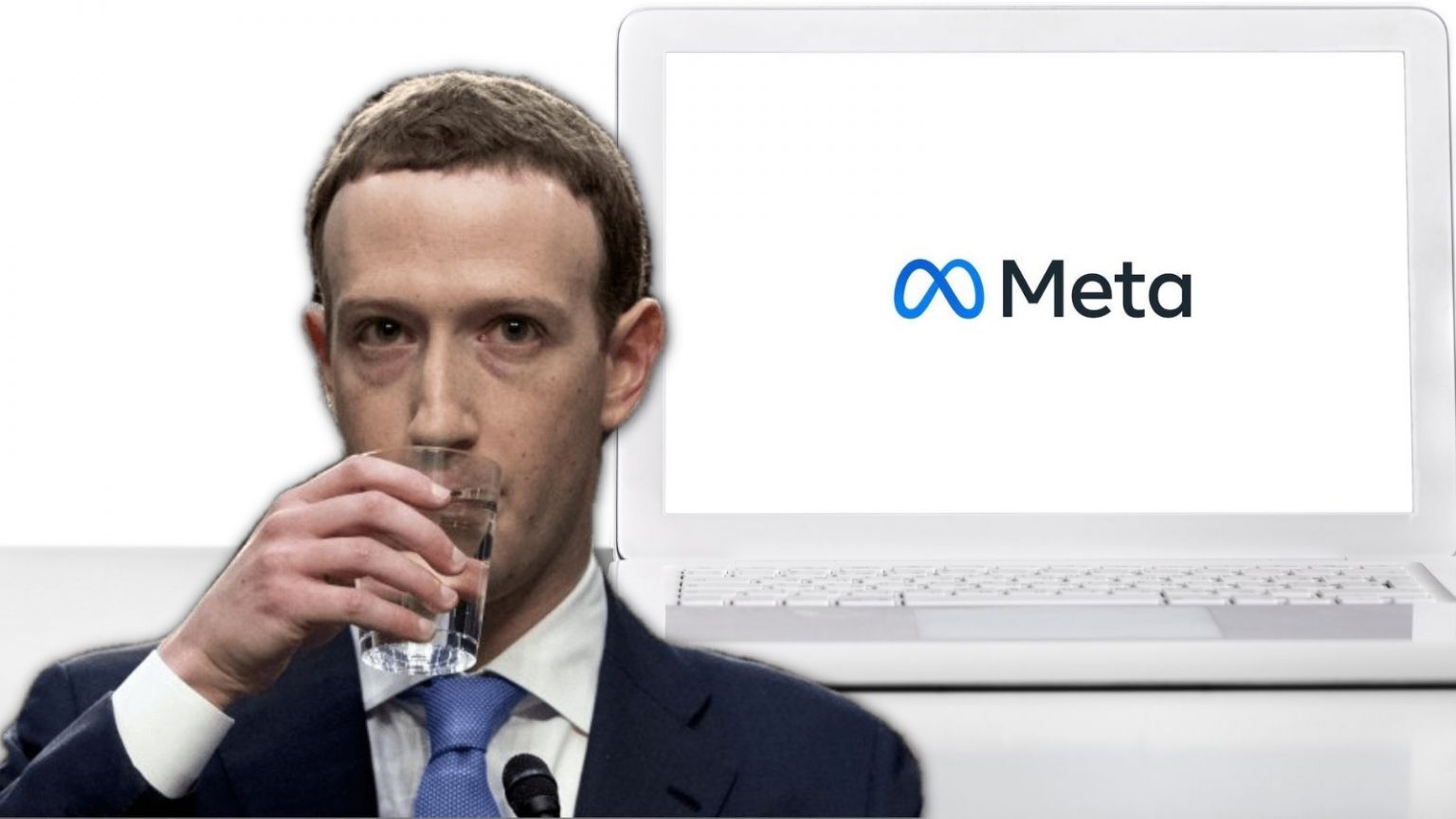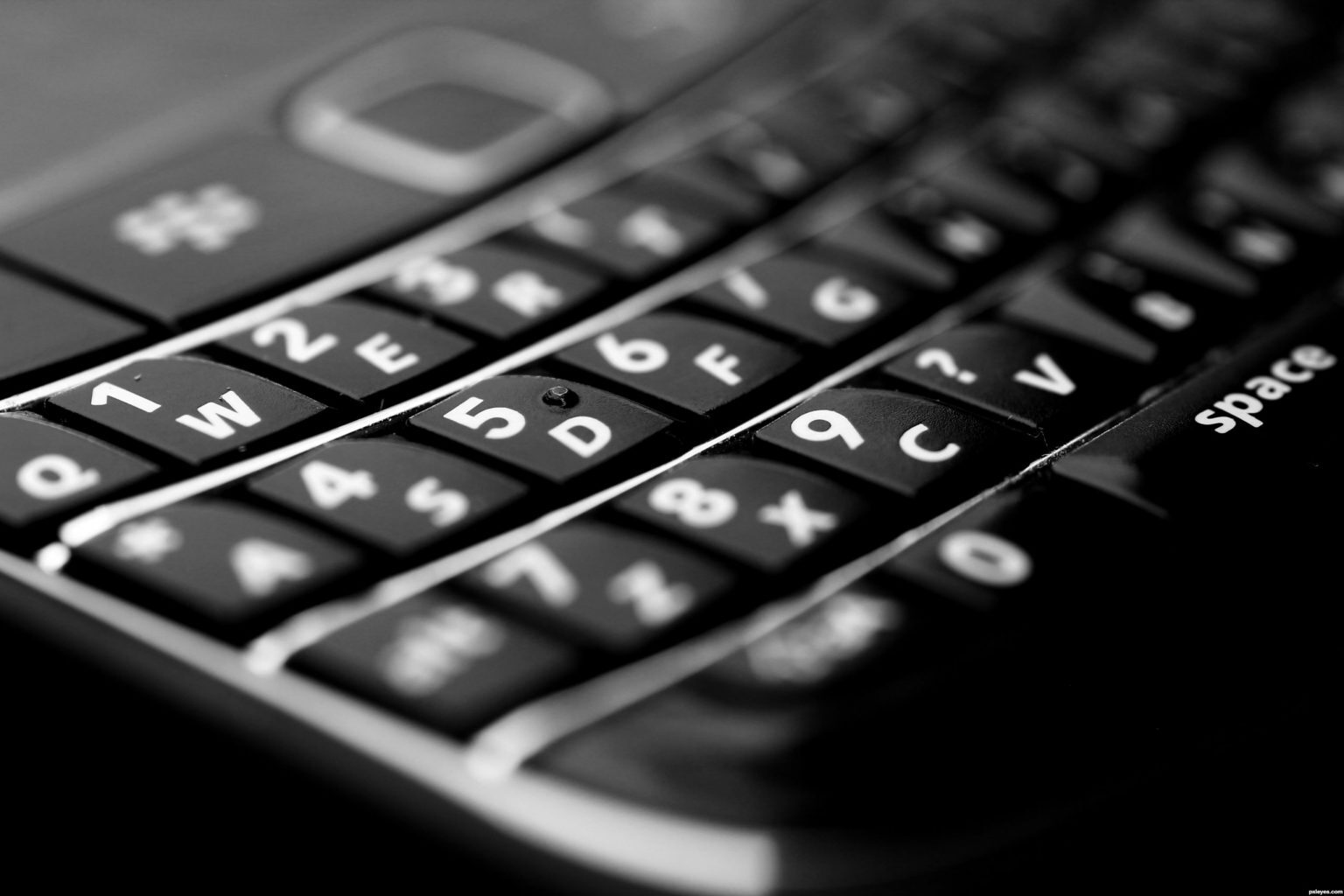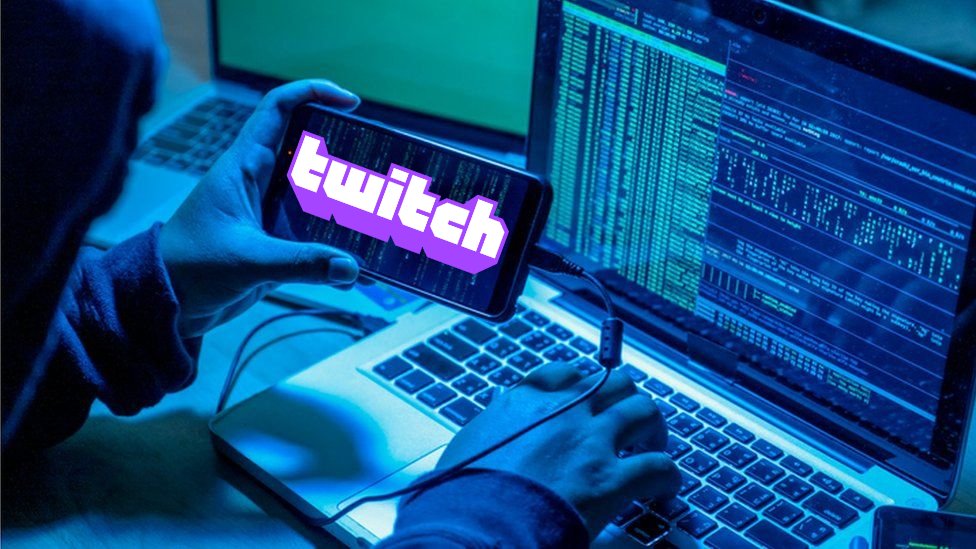If you didn’t already know the future of internet connectivity involved fibre, this month’s massive R13.2bn deal between Vodacom and Remgro to combine their fibre offerings into a new infrastructure company should be enough confirmation. Vodacom will combine its fibre assets – worth R4.3bn – with that of Remgro’s 57% owned Community Investment Ventures Holdings (CIVH), which will combine its Dark Fibre Africa and Vumatel into the new InfraCo venture. Vodacom is injecting R6bn in cash, and will hold 30% of the new company, with an option to acquire another 10%. This kind of consolidation is part of a global…
Author: Toby Shapshak
Any doubt that Facebook wasn’t aware of what it was doing and the consequences of its “growth over safety” strategy have been blown away by the Facebook Papers. This trove of internal documents revealed by whistle-blower Frances Haugen shows that the social giant’s leadership knew what they were doing. If they didn’t, they were deliberately not reading their internal research and shocking findings. The Facebook Papers have been widely reported on by numerous news organisations, laying bare just how damaging Facebook’s apps and out of control hate speech and misinformation are to youngsters’ mental health. Facebook “went a little too…
How do you explain what the Covid-19 vaccine does to defeat the virus and help convince sceptics that vaccination is not only a good thing, but also safe? Like every other rational South African adult, I have been double vaccinated. But I am astounded at the flimsy, unscientific excuses from anti-vaxxers about why they refuse to take a vaccine that could save their lives – and prevent them from infecting other people. Madhav Sarda, a psychiatrist who works in medical education at the University of Saskatchewan in Canada tweeted a brilliant and funny explanation. He describes himself as being “in medical…
The latest controversy to hit Facebook is its lame attempt to change its holding company’s name to Meta, believing it will somehow convince people not to notice its ongoing privacy and mental health scandals. Named for the metaverse, an early depiction of virtual reality conceived by science-fiction author Neil Stephenson in his groundbreaking cyberpunk novel Snow Crash. Published in 1994, it depicted a computer virus and, arguably, one of the first examples of cybersecurity. CEO Mark Zuckerberg – besieged by the swirling dragons of angry shareholders, US state attorneys-general, the US Justice Department and the Federal Trade Commission – tried…
Sim Tshabalala is a modern-day Medici. Appearing like a conventional banker in his immaculate suit and tie, he’s a deep-thinking man who understands the power of commerce to uplift the country, the role of arts in society and democracy. He’s also the CEO of Standard Bank, the largest financial institution in Africa, who isn’t afraid to compliment (and name-check) smaller competitors. He spoke to Stuff Studios editor-in-chief Toby Shapshak about the 159-year-old bank’s evolution in this new cloud computing era, and how small fintechs are helping revolutionise financial inclusion in Africa. Also on Apple podcasts | Google podcasts | Spotify…
When someone thinks you are wrong on the internet, they waste no time telling you – nor smirking when they think they have proved you wrong. I’ve experienced it many times over the years, but perhaps never as intensely as after a recent column about Minerals & energy minister Gwede Mantahse’s frankly irrational defence of “cleaner coal” as a power source for the future. My Twitter timeline was clogged with response in defence of Mantashe – and I was followed by numerous fake accounts which I blocked and reported to Twitter. It’s noteworthy that the only time I see clearly…
“How easy is it to type on?” a friend asked me about the smartphone I was testing. It’s not a question I get very often, but then the Samsung Galaxy Z Fold 3 5G is not an ordinary phone. It’s the third generation of Samsung’s remarkable new form factor which has a foldable screen. It’s an innovation I didn’t ever think I would come to like so much, because it enables you to open the “normal” sized 6.2in phone into a small tablet with a 7.6in screen. It’s a screen that folds. That alone is impressive engineering, especially given how badly-received…
Wholly unscientific justifications for inexplicably weird decisions have been a hallmark of the SA government’s response to Covid-19. The alcohol ban, prevention of e-commerce stores doing even a little economic activity during lockdown, and curfews are some of the lowlights. The latest confounding decision to withdraw the temporary spectrum from the mobile industry by the Independent Communications Authority of SA (Icasa) is a new low in irrationality and pettiness. Icasa is an agency that is often maligned for imposing the frankly weird regulations the government passes. In this instance, the blundering is all of its own. At the beginning of…
Who does Gwede Mantashe think he’s fooling? The mineral resources & energy minister has been leading a one-man, climate change-denialist charge against common sense and the country’s best interests with his inexplicable defence of fossil fuels. Whose interests is he fighting for, when his public statements are so at odds with logic, common sense and the country’s best interests? Last month climate envoys from the UK, US, France, Germany and the EU came to SA to convince our government that Eskom should accelerate its shut down of coal-fired power stations, specifically nine of them by 2035. Please note that Eskom…
It’s hard to say what is more devastating for the Twitch community, that the source code for the game streaming service has been released or that all of the top gamers’ incomes have been revealed? This is after all an audience of people who tap into the strange voyeuristic nature of humanity that wants to watch sportsmen, and now gamers, do their thing. This generation of gamers has luckily been able to capitalise on this happy circumstance which allows video gamers to make a pretty decent income just by playing games. Never in all of human history have we geeks…










